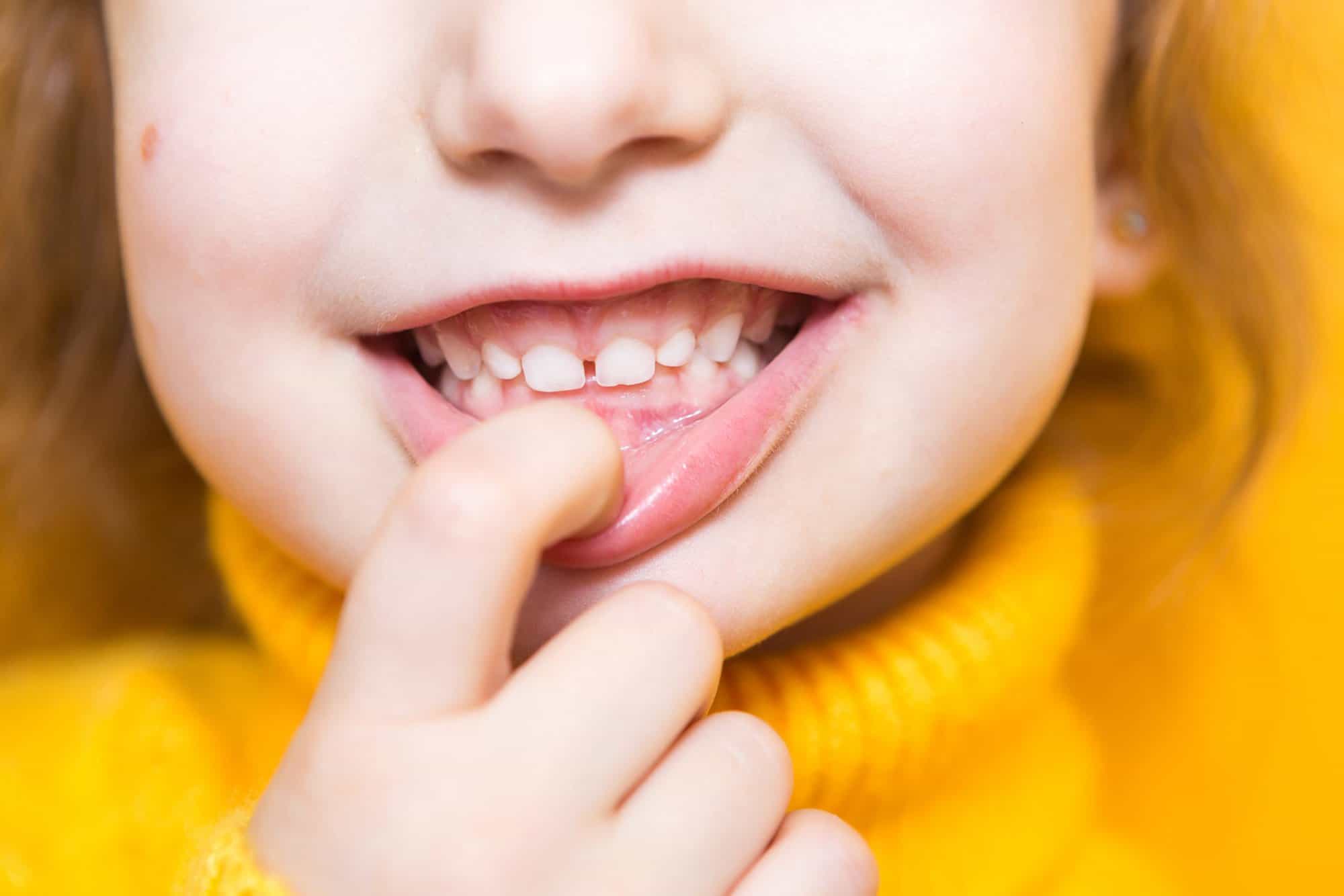
What Is An Overbite?
Overbite is malocclusion or misalignment of the teeth and is sometimes called buck teeth. It happens when the upper teeth go beyond the lower teeth and, most of the time are diagnosed by your dentist.
Minor overbites are relatively common; however, a deep overbite malocclusion can lead to tooth decay, jaw pain, or gum disease. Certain childhood habits can cause an overbite to worsen over time, so seeking help from a dental professional is an excellent idea.
We will discuss the causes, types, symptoms, diagnosis, and treatment for an overbite to help you better understand why consulting with a dentist is crucial.
Causes of an Overbite
There are two causes of overbites, with genetics being the most common.
Genetics
A person’s genetics plays a role in the inheritance of an overbite, such as your mouth being too large or too small to fit your teeth properly.
Childhood habits
Causes of overbites include the following:
- Teeth grinding, also known as bruxism
- Excessive or frequent nail biting
- Thumb-sucking or nonnutritive sucking behavior, especially after three years old
- Using a pacifier, especially after three years old
- Losing baby teeth too early without treatment, including space maintainers
Symptoms of an Overbite
The most common sign of an overbite is associated with the appearance of your teeth because the top front teeth overlap the bottom teeth. However, an overbite can also cause:
- Discomfort while eating
- Speech challenges
- Jaw pain or lockjaw
- Difficulty fully closing and opening your mouth
- Headaches and earaches
If you are experiencing any of these symptoms, schedule an appointment with your dentist for diagnosis and treatment.
Two Different Types of Overbites
Here are the two types, with the first being genetic and the second due to external influences.
1. Skeletal Overbite
Skeletal overbites are genetic and result from irregular jawbone development that causes the teeth and jaws to grow improperly. Genetics is the most common cause of an overbite because the jawbone and lower teeth sit too far back, and it causes the top teeth to protrude over the lower teeth. When the mouth is too small or too large to fit the teeth properly, it is called a malocclusion that must be appropriately treated to mitigate the risk of crooked teeth, overcrowding, or spaced teeth.
2. Dental Overbites
Dental overbites are the result of external disruption. Everyday childhood habits can also worsen an overbite condition if the child has an overbite due to genetics. When a child develops a pattern that involves pushing the tongue against the back of the teeth or tongue thrusting, it can cause an overbite.
Common Dental Issues From An Overbite
Your overall oral health can be significantly impacted by having an overbite. To determine if you need treatment, consult your dentist to see what options are available for you.
Tooth Decay
Children, teens, and adults have a higher risk of developing cavities due to the enamel wearing away faster, which allows cavities to form more easily.
Gum Disease
Severe anterior overbites are when the front teeth connect with the gumline in the back of the upper front teeth, increasing the risk of gum disease. This can also increase the possibility of developing gum recession, gingivitis, and periodontal disease.
Temporomandibular Joint Disorder (TMD, TMJ)
TMD is very painful and causes dysfunction in the muscles and jaw that control jaw movement. Without treatment, an overbite can cause TMD or some call it TMJ, which symptoms include lockjaw, headaches, earaches, neck and face pain, jaw and neck pain, and stiffness.
Low Self-Esteem
While it isn’t a dental issue, low self-esteem can significantly affect your mental and emotional health.
Diagnosing An Overbite
The best person to diagnose an overbite is a dentist. They will take a cephalometric radiograph (ceph x-ray) to confirm your overbite and determine its severity. After your dentist diagnoses you, they may refer you to an orthodontist or recommend Invisalign, an excellent alternative to traditional braces.
Treatment of an Overbite
The great news is there are treatments for overbites that are highly effective. Treatment for overbite varies based on age and severity.
Treatment for overbites diagnosed during childhood may include the following options:
- Invisalign is a clear removable device that aids in repositioning the teeth
- Growth modification devices or palate expanders may be utilized during growth spurts to help reposition the jaw
- Traditional braces or clear braces move the teeth slowly into their optimal alignment
- The dentist may suggest removing baby teeth to make space for adult teeth
For adults, the treatment may involve the following options:
- Invisalign is a transparent removable device that aids in repositioning the teeth
- Surgery to improve the alignment of the jaw
- Removing teeth to allow more space for the remaining teeth
Can Overbites Be Prevented?
If an overbite is due to genetic factors, it is treatable but not preventable.
However, if your child, you can prevent overbites or lower the risk of making an overbite more severe by:
- Discouraging thumb-sucking after infancy
- Limiting or not using pacifiers after three years old
- Avoid sippy cups that have spill-proof valves
- Getting regular dental checkups by one year old
For Family Friendly Dentistry, Schedule An Appointment With Carrie Muzny DDS
Carrie Muzny DDS, located in the Woodland area, offers exceptional dental care for the entire family. Our team of highly trained experts provides many services, including preventative cleanings, cosmetic and restorative procedures, dental dentures and implants, professional teeth whitening, and more.
At Carrie Muzny DDS, you will receive exceptional dental care from our caring and experienced staff. Contact us today to schedule a visit or consultation.

